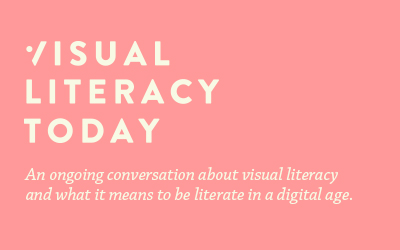This chapter examines how new visual literacies allow students to create meaning and develop competencies needed for the 21st century. Today’s generation is continually exposed to visual and digital media. Through empirical work, this chapter highlights how emerging visual technologies such as big data, infographics, digital badges, electronic portfolios (ePortfolios), visual social media, and augmented reality are facilitating the development of technology-related skills required for students in academics and in the workforce. Each visual technology platform will be examined for their usefulness in promoting engagement, subject-matter knowledge, and collaborative learning outside the traditional classroom approach.
Advancements in social media technologies have made it easier than ever to locate, produce, and share online video. Much of the rapid expansion of online video can be attributed to YouTube, which has become the largest and most popular video-sharing platform online. The development of visual and media literacy (VML) competencies is valuable when engaging with social media content and technologies like YouTube. This chapter illustrates how VML have been integrated within a set of educational YouTube video projects in an online university course that has been offered regularly since 2008. The projects discussed in this chapter were designed for an audience of adult educators, but have applicability in K–16 classrooms. YouTube was selected as the central video platform for several reasons, which include practical, technological, and societal factors. Competencies described in published definitions of VML frame the discussion. Curation projects involve finding, interpreting, and evaluating video resources, which are grouped into collections for educational purposes. Educational video creation projects include video blogs, remix, PowerPoint movies, and interactive videos.
This paper reports changes in the Technion technology/mechanics teacher education courses aimed to enhance students’ knowledge and skills in teaching digital design and manufacturing. The two major changes are: (1) equipping the departmental laboratory of technology with modern computer aided design software tools (Creo, Mathcad) and 3D printer, and (2) upgrading the courses to meet the conceive-design-implement-operate (CDIO) approach. Our ongoing study indicates that the CDIO approach can be applied to balance learning pedagogical fundamentals, training technological skills, and teaching practice. The study provides indications that learning activities in the courses facilitate development of visual literacy skills.
Mini-documentary video projects are short factual videos that can be created by students. The mini-documentary video is generally suitable for entry level skill sets and online distribution. Multiple interrelated competencies can be attained while researching a topic, collecting media assets, recording original content, composing, editing, and producing a mini-documentary video project. This paper outlines a conceptual framework for learning through mini-documentary production, which is based on experiences working with adult students in an online course featuring video editing for YouTube. Three interrelated areas where learning can occur are discussed: (1) visual and media literacy, (2) copyright and fair use, and (3) educational video design. Strategies that have worked in past iterations of the course are described as well as problems or issues to be aware of prior to implementing projects like this in the classroom.
“The article discusses the need to modify the curricula of ICT in higher education. Contemporary university students seem to function well in the world of new technology, however, they have problems when working with information, including the identification of information needs, the selection of search tools adequate to the task and evaluating information found on the Internet. The curriculum of ICT at universities very often focuses only on narrow technical aspects. There is a necessity to introduce a broad perspective covering the organization, planning and implementation of individual learning in a digital information environment. It is a very important part of the development of the information culture of the young generation and lifelong learning process.”
